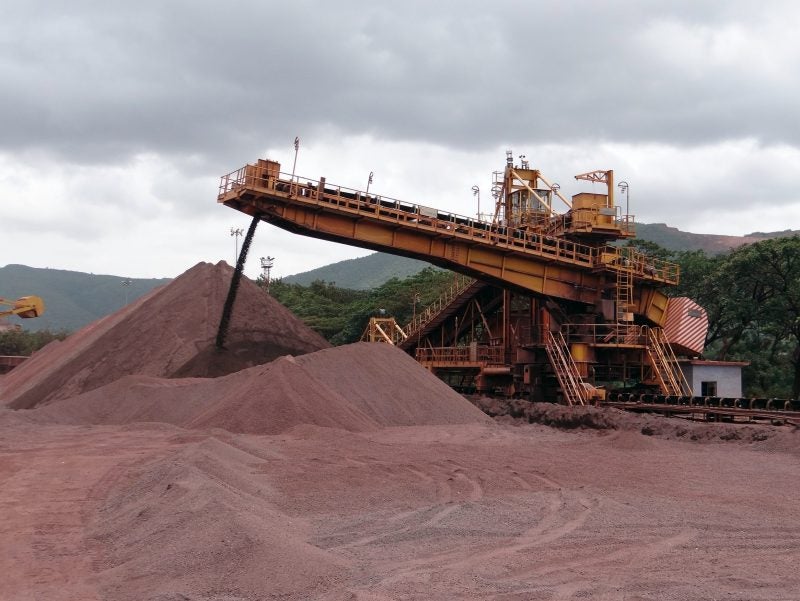
India’s government-owned coal entity, Coal India, and a state waterways body of Odisha plan to invest $1.46bn (Rs117.79bn) to build an industrial water transport corridor.
The corridor is said to have the potential to carry 12–15 million tonnes of cargo by 2030 and will connect two ports in the eastern state of Odisha via the Brahmi river, government sources told Reuters.
The project will decongest and ease the burden on off road and rail infrastructure, otherwise used to carry finished products like steel, aluminium, etc. The plan is backed by Coal India, the Paradip Port Authority and the Inland Waterways Authority of India. It will serve a major mining cluster of India that is dotted with steel mines.
The corridor will also aid the movement of coal to power plants, reducing power cuts in western and southern states caused by coal shortages due to a lack of trains.
The decision comes amid a crucial train shortage in April this year that prevented coal from reaching manufacturers in the country. Indian Railways had to allocate 20-25 trains to the industrial sector against a demand of 50 trains per day, forcing manufacturers to depend on imports to sustain operations.
Furthermore, the corridor will also help reduce the cost of road transport and freight borne by the manufacturers. Transport by water costs two-thirds on railways and cuts the cost of road transportation in half.
The plan proposes to connect four key industrial sites in Odisha. These clusters include big steel, power, fertiliser and electricity companies like Adani Enterprises, ArcelorMittal, the Indian Farmers Fertiliser Cooperative, Jindal Steel and Power, National Aluminium, NTP and Tata Steel.
Once functional, both public and private companies would be invited to operate cargo and terminal services.



